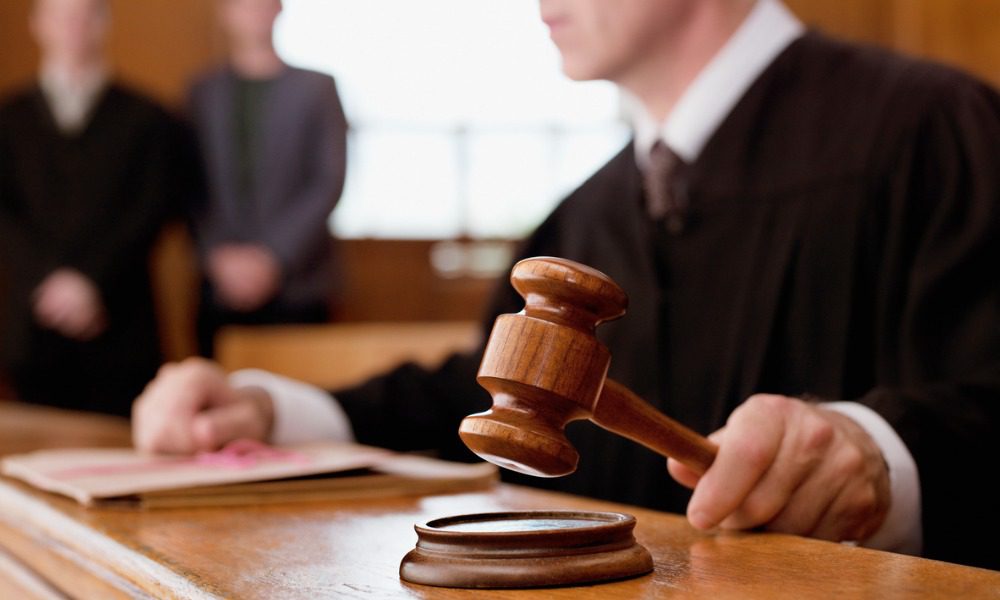Unanimous Supreme Court rules in favor of carrier in bankruptcy decision

Unanimous Supreme Court rules in favor of carrier in bankruptcy decision | Insurance Business America
Insurance News
Unanimous Supreme Court rules in favor of carrier in bankruptcy decision
Insurers could save millions as court allows more say when policyholders are in Chapter 11
Insurance News
By
Matthew Sellers
In an important decision, the United States Supreme Court has ruled in favor of Truck Insurance Exchange (Truck), recognizing its standing as a “party in interest” in Kaiser Gypsum Company, Inc.’s bankruptcy reorganization proceedings.
The decision overturns the Fourth Circuit’s earlier ruling and significantly impacts insurers’ roles in bankruptcy cases involving substantial financial responsibilities.
Kaiser Gypsum Company, Inc., and its parent company, Hanson Permanente Cement, Inc., both faced massive liabilities due to asbestos-related claims, which led them to file for Chapter 11 bankruptcy.
As the primary insurer, Truck Insurance Exchange is liable for up to $500,000 per asbestos claim under its policies with Kaiser Gypsum, covering periods from 1965 through 1983. Truck objected to the proposed reorganization plan, arguing that it lacked necessary disclosure requirements to prevent fraudulent claims, which could cost the insurer millions of dollars.
Justice Sonia Sotomayor, delivering the opinion of the court, emphasized that the Bankruptcy Code’s Section 1109(b) allows any “party in interest” to be heard in Chapter 11 proceedings.
The Supreme Court concluded that an insurer with financial responsibility, like Truck, qualifies as a “party in interest” due to its potential direct and adverse impact from the reorganization plan.
The lower courts had dismissed Truck’s objections, asserting the plan was “insurance neutral” and did not alter Truck’s pre-bankruptcy obligations or rights. However, the Supreme Court found this approach flawed, noting that Section 1109(b) is intended to identify who has the right to participate based on potential impact, not on the specifics of the plan’s merits.
What are the implications for insurers?
This decision underscores the role of insurers in bankruptcy proceedings where their financial interests are significantly at stake. The ruling ensures that insurers can raise objections and participate actively in negotiations to safeguard their interests against potentially harmful reorganization plans.
Here are some key points from the decision:
Broad Definition of “Party in Interest”: The court reinforced that Section 1109(b) should be interpreted broadly, enabling parties with a direct financial stake to participate.
Impact on Financial Responsibility: Insurers with financial obligations in bankruptcy claims are directly affected and, therefore, have the right to be heard.
Rejection of “Insurance Neutrality” Doctrine: The court dismissed the notion that insurers could only object if their contractual rights were directly altered by the plan.
Justice Samuel Alito, who has faced widespread criticism for flying an upside-down US flag in his yard, did not participate in the consideration or decision of this case.
What are your thoughts on this story? Please share your comments below.
Related Stories
Keep up with the latest news and events
Join our mailing list, it’s free!






